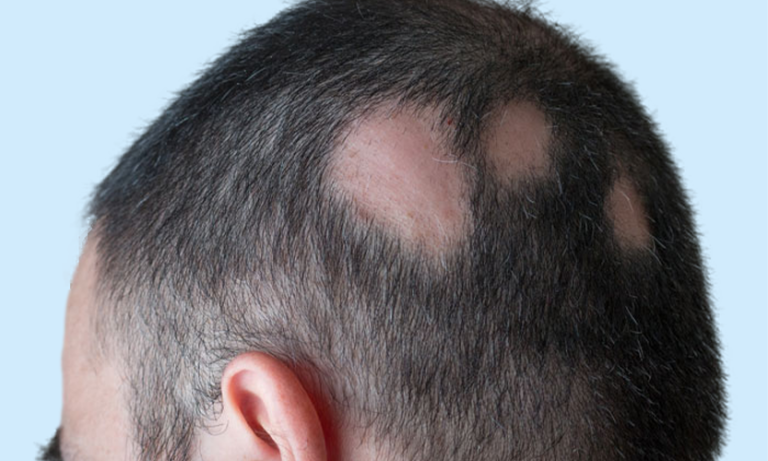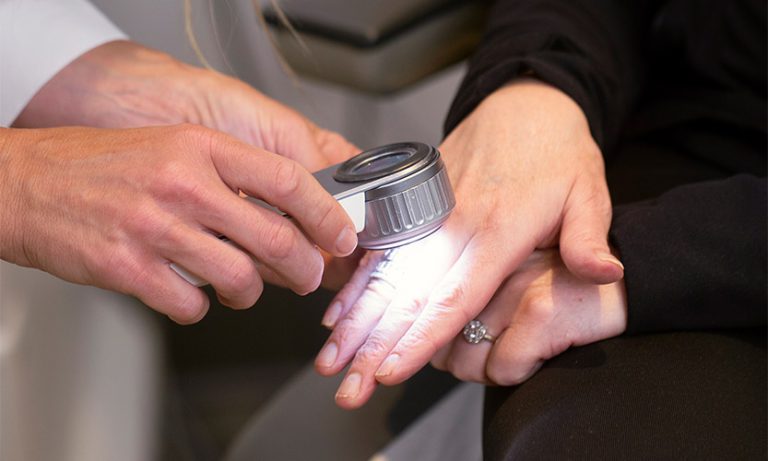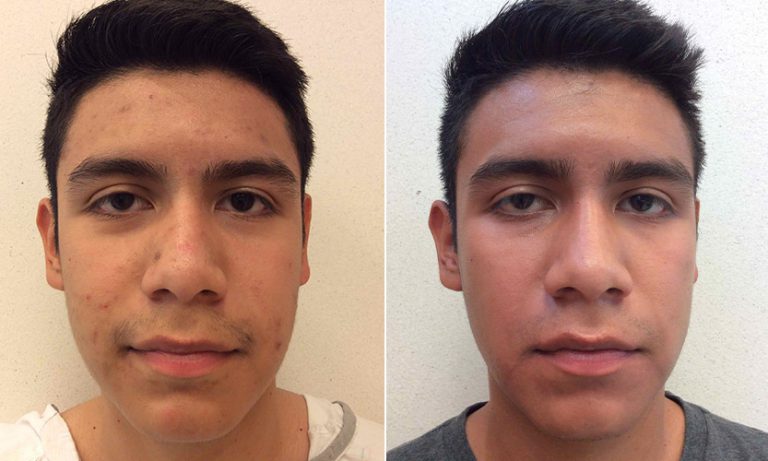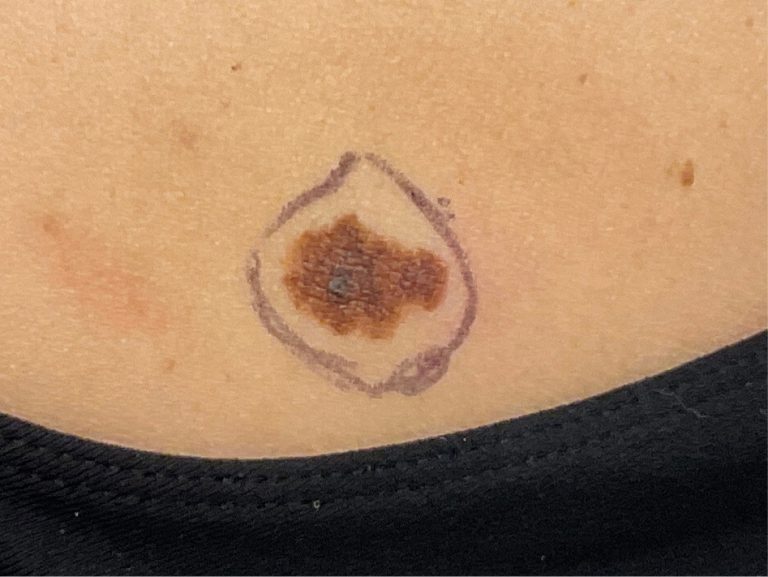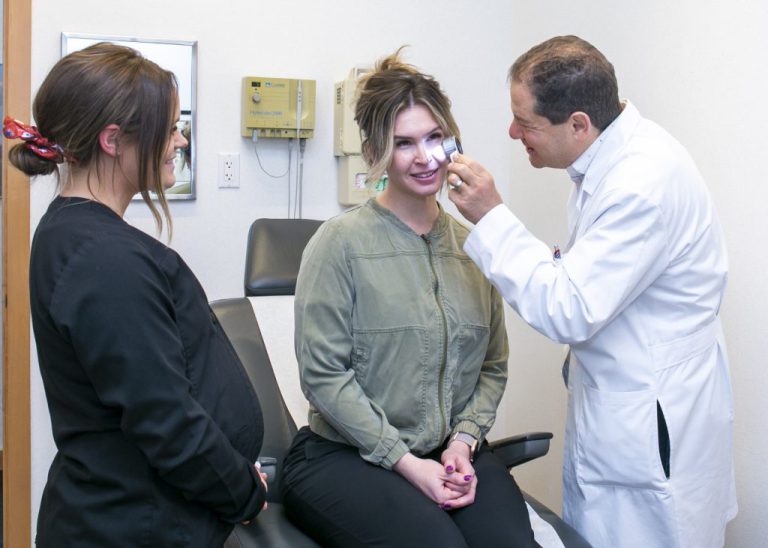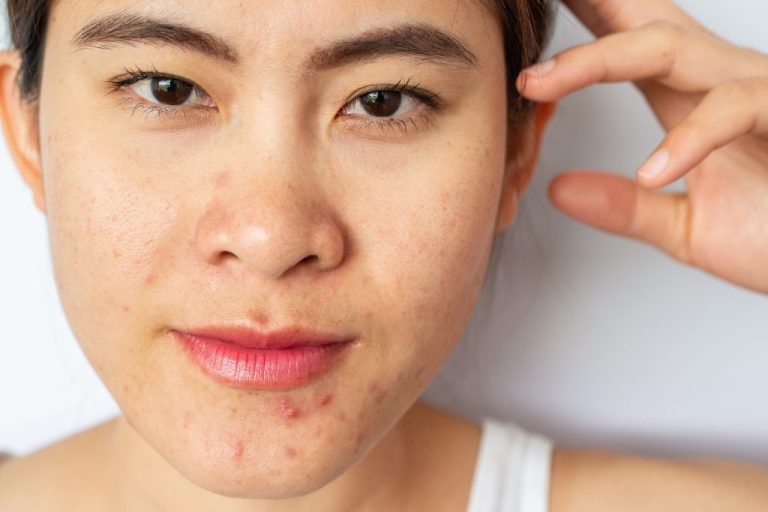Treating alopecia and other hair loss
Identifying the underlying causes of hair loss in both men and women can be tricky. A variety of factors contribute to the condition and in some cases, the causes are simply unknown. Board-certified dermatologist, Mohs surgeon and cosmetic surgeon Dr. Joel Schlessinger elaborates, “Getting to the root of the problem is essential to identify which hair…
